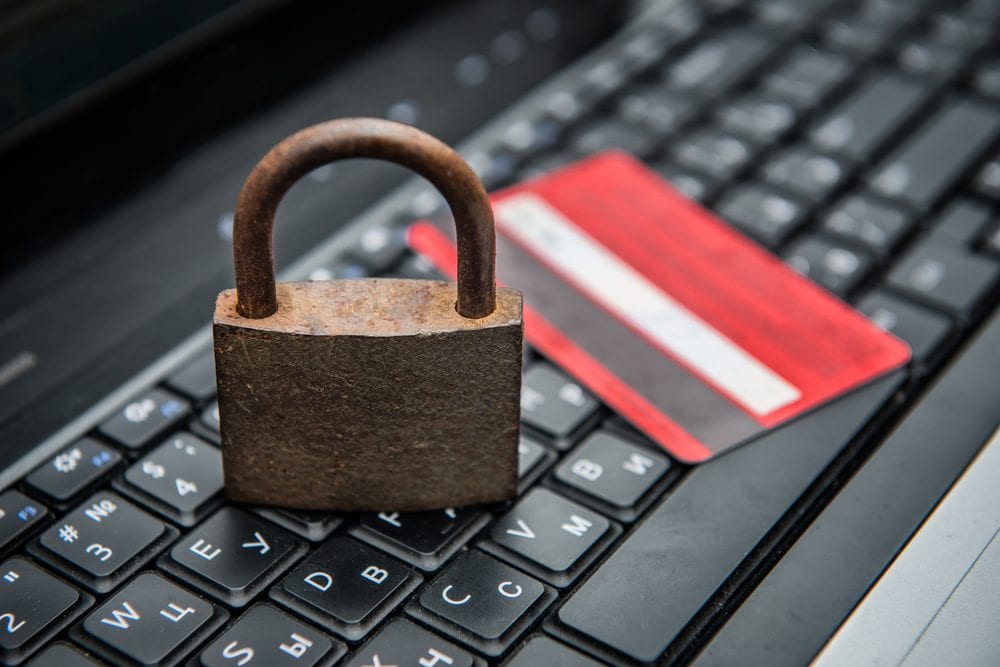There are many news stories going around about people being defrauded online via a number of underhand schemes. The internet offers us so many ways to spend our money – clothes shopping, video streaming subscriptions, holiday bookings – so it is essential that people are smart and vigilant when it comes to sharing their details with websites. Here are some handy tips on how to stay safe online.
Be careful where you click
Links could be anything and they can be found all over the internet. It is important that you are smart and discerning about what you click on. Spam emails can contain shifty-looking links that you should be wary about clicking on. Best practice is to ignore emails from senders you do not recognize so that there is no chance of you downloading malware. Websites can also have adverts on them which can take you to suspect sites from clicking anywhere on the advert – make sure you only click within the article you are reading.
Use strong passwords
You might be sick of being told to use stronger passwords, but it is absolutely essential to remain safe while on the internet. Think of all of the sites where you have an account that contain your credit card information – a password is all that keeps that safe. If you have a weak or common password, then your data is far more at risk of being hacked into and used for criminal purposes. Take a look at this list. If your password is one of the 25 then you are at extreme risk of having your account broken into. Such classics as 123456, qwerty and password are still being used by millions of people across the world.
A strong password is at least eight characters long, contains letters, numbers and non-alphanumeric characters. It must not be a word that would show up in the dictionary. You also need to make sure that you do not share passwords between your various online accounts. It can be difficult to come up with and keep track of various passwords, so a great option is to use a password manager. This is an app which requires a password to get into and then, when in it, you can record and see all of your passwords for your various online accounts. That means you don’t have to try and remember each of your passwords. Of course, it is essential to make sure that you use a strong password to protect your password manager.
Avoid scams
There are many criminals online who will try and scam you, in a variety of ways. It is important that you remain vigilant and watch out for these. Scams come in a variety of forms, from the classic Nigerian prince email to texts purporting to be from the IRS that tell you that you have an unclaimed tax rebate. There are even scams that concern online lottery services. Read this guide to protect from scams and learn how to avoid a lottery scam.
Use anti-virus software
Anti-virus software is a key weapon in your in the fight against malware. It can either work all of the time in the background or you can set scans going manually. It will help identify, quarantine and eliminate threats to your computer’s security. There are many free and paid anti-virus software packages to choose from. Take a look online to find the perfect one for you and your computer.
Stay up to date
Updates for Windows and apps are not there just to annoy you. Updates for software will often introduce new features or make things look different but their primary function is to close any security vulnerabilities. That is why it is absolutely essential that you download updates as soon as they become available. Malware that is foiled by the new version of the app will still be able to infect your device if you haven’t updated it.
You don’t have to share everything
Generally, the less personal information you share online the better. Social media is great for sharing stuff with friends and family, like birthdays, parties, marriages and births. However, you don’t have to tell sites like Facebook where you live or where you work. Criminals online will sometimes use details gleaned from your social media profiles to build up a profile for use in identity theft.






